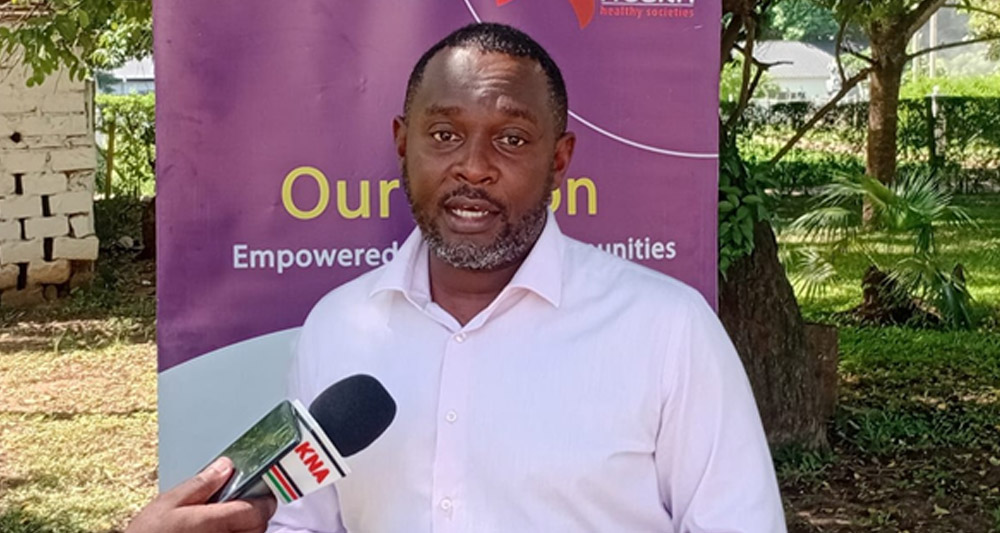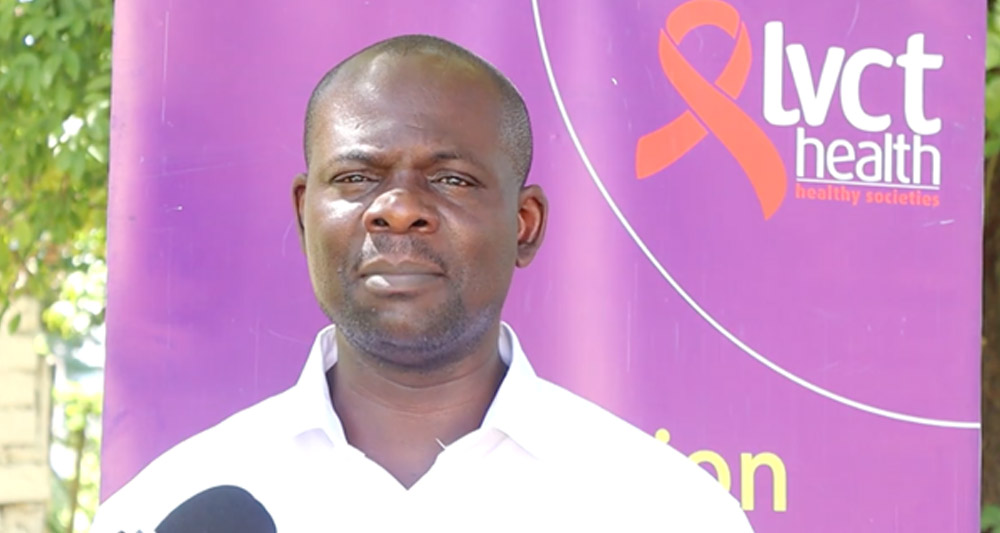
Women in Kilifi County are urging health authorities to recognise and include female genital schistosomiasis (FGS) in reproductive health services, after new research revealed that the disease is often misdiagnosed and overlooked.
The appeal comes after our recent study found that 320 out of 2,000 women screened across hospitals and clinics in the county had been infected with FGS.
The disease, which is caused by parasitic worms spread through contact with infected water, is often mistaken for a sexually transmitted infection (STI) due to its symptoms, resulting in incorrect treatment and prolonged suffering.
“I endured two years of pain, itching, and bleeding, and the worst part was that no one knew what I had. Doctors kept saying it was an STI. It nearly destroyed my marriage because of the stigma,” said Rehema Gona.
Mwanajuma Kombe, a mother of three, shared a similar experience.
“I kept going to the hospital, but every time they gave me drugs for infections I didn’t have. I felt like I was going mad. I was even advised to stop being intimate with my husband. It took a toll on our relationship and my mental health,” she said.
Discomfort and Embarrassment
Florence Charo, a 22-year-old, shared her experience of struggling during college due to the persistent discomfort and shame caused by the disease.
“I could not sit through a full lecture without feeling pain or shame. I had no idea it was something from water. I thought it was just my body failing me.”
Dr. Robinson Karuga, a lead researcher with LVCT Health, confirmed the commonality of misdiagnosis.
“Sixteen percent of women tested were found to have genital schistosomiasis, yet many had been treated for sexually transmitted infections. The parasite, which is carried by freshwater snails, has been largely overlooked in reproductive health discussions,” he explained.
Based on the study findings, LVCT Health is now advocating for the integration of FGS diagnosis and treatment into the broader reproductive health framework.
Female genital schistosomiasis, caused by parasitic worms from infected water, is often mistaken for an STI because of similar symptoms, leading to wrong treatment and prolonged suffering.
Antibiotic resistance

Dr. Stephen Mulupi, Research Manager at LVCT Health, warned that the continued use of antibiotics for misdiagnosed patients could impair their immune response and promote the development of antibiotic resistance.
“We must adopt a holistic approach. With reduced funding from international partners, integrating FGS services into existing reproductive health programs would be both efficient and sustainable,” Mulupi stated.
Time to act is now!
In response to the findings, Kilifi County health officials have committed to taking decisive action.
Dr. Hassan Leli, Kilifi County Health Director, emphasized the urgency of the issue, stating that public awareness campaigns and professional training will be prioritized to close the knowledge gap among healthcare workers.
Edward Ziro, Chairperson of the County Assembly Health Committee, pledged to advocate for legislation that allocates resources for FGS treatment within county health budgets and ensures frontline health workers are adequately equipped to manage the condition.
“This is not just about one illness; it’s about addressing a systemic oversight in how we approach women’s health issues,” Ziro remarked.
FGS remains a largely unrecognized affliction, especially in rural areas where women have limited access to specialized healthcare.
Story by: Farhiya Hussein, The Eastleigh Voice Media
Watch also: https://www.youtube.com/watch?v=cAmQJoLLO6g
